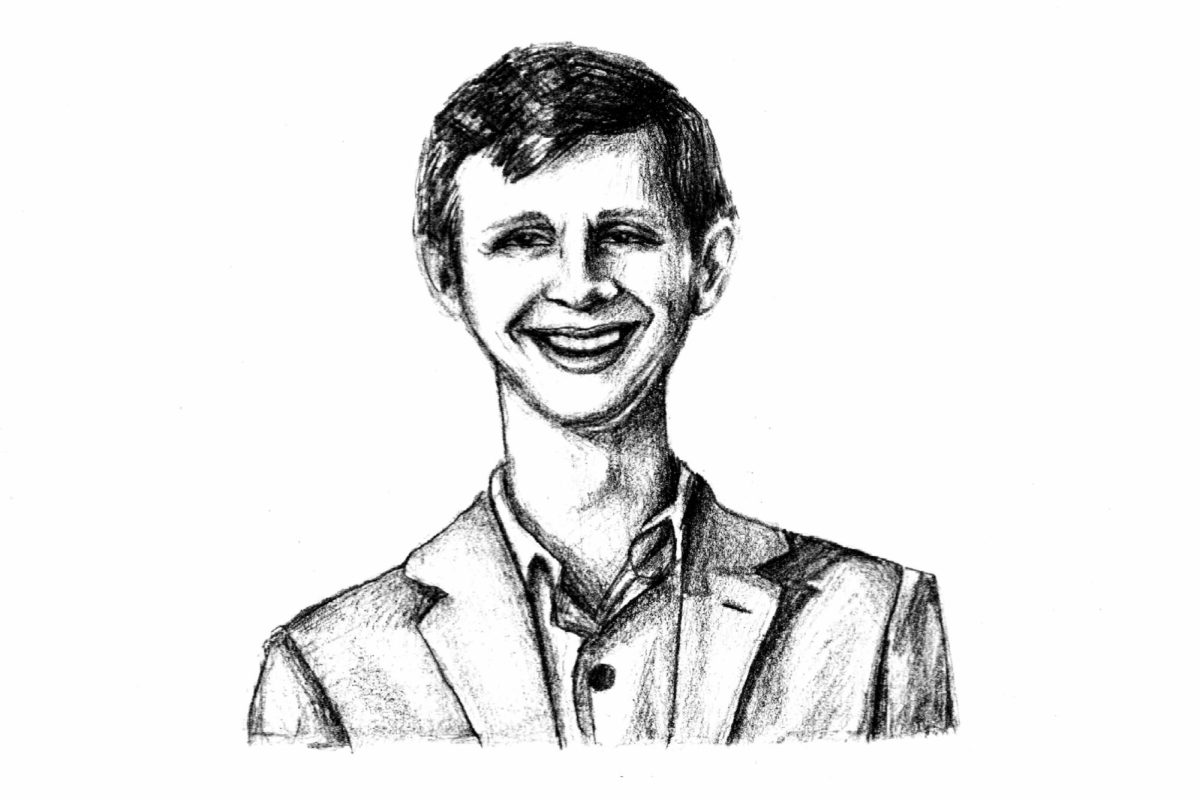After GW’s acceptance rate jumped by six points to 49 percent last school year, higher education experts voiced concerns that the change would hurt the University’s academic standing with prospective students. They theorized that the higher rate would make the University appear less competitive and therefore deter students from applying in the first place.
But in a firm rejection of the outside criticism, officials have asserted that GW’s acceptance rate had no major effect on the last applicant pool. The higher education industry’s obsession with the image of exclusivity for the sake of yielding more applicants is shortsighted and misinterpreted the actual drivers of student interest in the University. Officials should continue accepting more applicants to shift their focus to maximizing academic merit instead of potentially intimidating exceptional students from giving GW a shot.
The idea of rejection from a prestigious and exclusive university is nothing short of soul crushing. The last thing students want after working to boost their GPA and stockpile academic credits through their high school years is to be told they’re not good enough. Because of the stress-inducing college application process, some students might hold back from applying to the universities that minimize their acceptance rate. These low percentages not only deter qualified applicants but also narrow opportunities for the incoming class of college students. These repercussions have already taken effect – undergraduate enrollment across the United States dropped by 1.1 percent since last fall, the third straight year with a decrease in that category.
When universities tout their exclusivity, students lose out. They may have an intense drive for academic success, professional expansion and intellectualism, but an overly competitive admissions process can push away prospective students who would otherwise be an excellent fit for these institutions. Students of all backgrounds are hungry for the resources that GW has to offer, like its location, research capabilities and connections to both private and public institutions with immense power. Why turn them away?
Jay Goff, the vice provost for enrollment and success, and Ben Toll, the dean for undergraduate admissions, argue the higher acceptance rate will help enrich and diversify the University’s student body for the future. By accepting more students, they said GW will attract more diverse classes among future generations and continue to grow the quality and academic output of those who enroll. Instead of attempting to come off as overly prestigious, GW could flip the script and become a home to more of the scholars whom it intends to foster.
With a slightly higher acceptance rate, GW signals that it appreciates its students as people, not just numbers on a stat sheet. If officials truly saw applicants as human beings, a higher acceptance rate expands a wider net of qualified students who can contribute to GW’s community through creativity and academic prowess. GW could attract more merited students without being just another selective university. A more inclusive campus identity that welcomes a broader coalition of academics who can still engage in rigorous coursework and professional connections unlike any other institution is the image worth promoting.
Balancing resources for the entire student population, like campus housing, dining options and Counseling and Psychological Services should remain a top priority when officials are considering accepting more students. There are obvious limitations to expanding this enrollment strategy, and in the face of economic struggles, it would be reckless to admit more students than we can sustain and educate in D.C. But GW has the chance to break the mold that the higher education industry has created for itself – one that has made college a commodity, and students the consumers.
GW can give more students with brilliant minds a chance to engage with a civically active student body, connections to private and public institutions that make a difference in our world and academically challenging courses that inform their perspectives of the world in a meaningful way. By doing so, we not only enhance the student experience for those who have already chosen GW, but we enhance our image with more to offer than just prestige to those who have yet to choose Foggy Bottom as their college destination.
Noah Hughey, a freshman, is an opinions writer.




